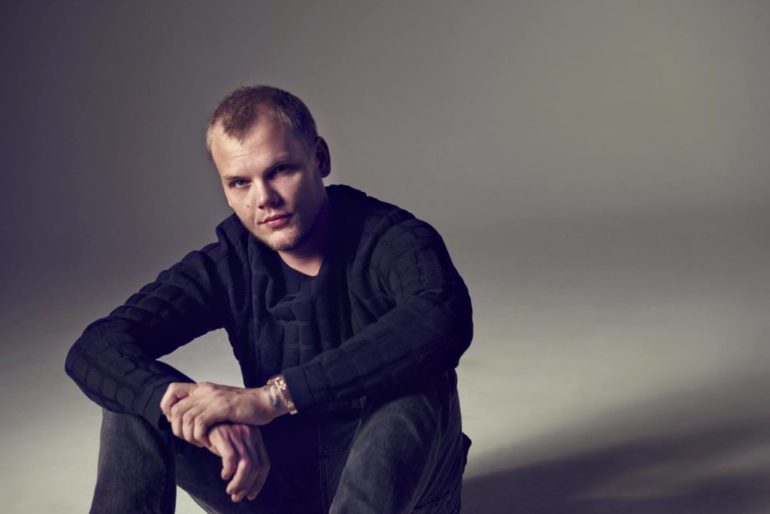
He discusses drinking excessively to abate these anxieties before shows.Įventually his appendix and gallbladder rupture and the audience finds him hospitalized once again. The film here takes a turn and Bergling’s initial excitement and joy for the industry turn to a crippling anxiety. He was then prescribed various drugs to combat his pain so he could continue touring. In certain scenes it seems Pournouri urges Bergling too hard despite his declining health.īergling was first hospitalized for pancreatic pain around 2013. The documentary details Bergling’s first introduction to his manager, Arash Pournouri, who urged him forward with his music production and accompanied him to the top. The viewer follows Bergling through his first nonstop year-long tour and into commercial stardom.īy 2016 the artist had performed 813 shows worldwide and both his mental and physical health were deteriorating.


The film portrays a shy and timid young Bergling humbly answering questions about his success. In many cases, his travels led him to exotic destinations like Australian music festivals, the Pacific Northwest, Miami and Ibiza. Little did he know the years would take him touring all over the world. Due to his many hours holed away working at his computer, sleeping in the sun was the only way he could keep a tan. In the early stages, his friends say in interviews, he would amble upstairs to sleep on his rooftop in the daytime. * You can watch Avicii: True Stories on Netflix from December 28.“Avicii: True Stories” follows the artist’s dedication, ambition and ultimate come-up in the electronic music industry until his retirement in 2016.īergling’s progress is documented in acute detail. Netflix was originally licenced to play the docu-film from December 2016 to December 2017, which led fans to accuse Netflix of removing it after his suicide. “ Our beloved Tim was a seeker, a fragile artistic soul searching for answers to existential questions,” they said. The film ends with Tim sitting serenely on a Madagascan beach having sacked his manager and retired from the tour – an ending which Tsikurishvili has subsequently admitted turned out to be ‘chillingly false’.Ĭommanding £180,000 per night, Avicii constantly topped the line-up for the world’s biggest festivals, working with the likes of Coldplay’s Chris Martin, Nile Rodgers and David Guetta.īut the shy star was not comfortable in the spotlight, and turned to alcohol to help cope with his debilitating anxiety. As a result he suffered acute pancreatitis aged just 21, and had his appendix and gallbladder removed in 2014.Īnd after his death, his family said Tim just ‘couldn’t go on’. “They have seen how ill I have felt by doing it, but I had a lot of push-back when I wanted to stop doing gigs.” I did not expect that people would try to pressure me into doing more gigs. “Everyone knows that I’ve had anxiety and that I have tried. He announced his retirement two years before his death “ I have been very open with everyone I work with, and everyone who knows me.

“ I expected support, particularly considering everything I have been through.

“ When I decided to stop, I expected something completely different,” he said. And so I don’t want to hear that I should entertain the thought of doing another gig.” I won’t be able to play anymore,” the star – who was found dead in Oman aged just 28 – said.Īfter doing 813 shows in eight years, the exhausted star insisted, “ I have said, like, I’m going to die. Shot by acclaimed director Levan Tsikurishvili between 20, it showed Avicii – real name Tim Bergling – share fears he was ‘going to die’ if he didn’t stop touring.īut despite his eerie prediction and intense battles with anxiety and alcohol abuse, the late Swedish DJ said he was pressured to do more gigs.


 0 kommentar(er)
0 kommentar(er)
